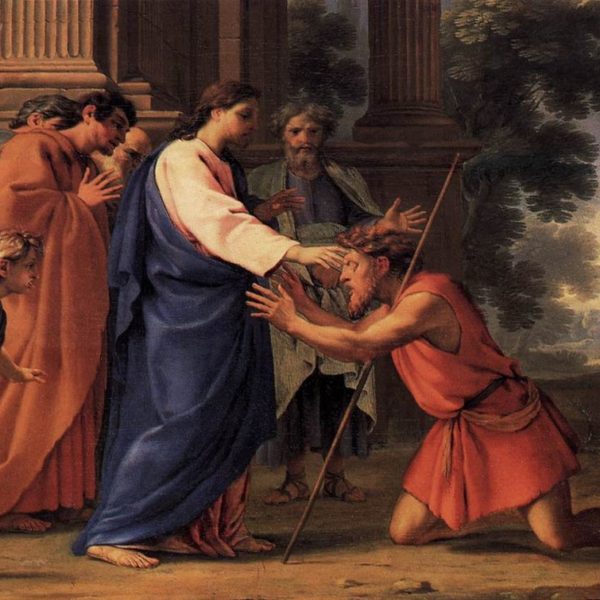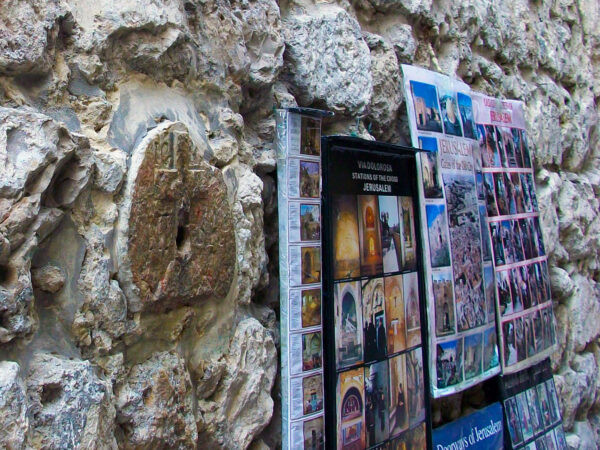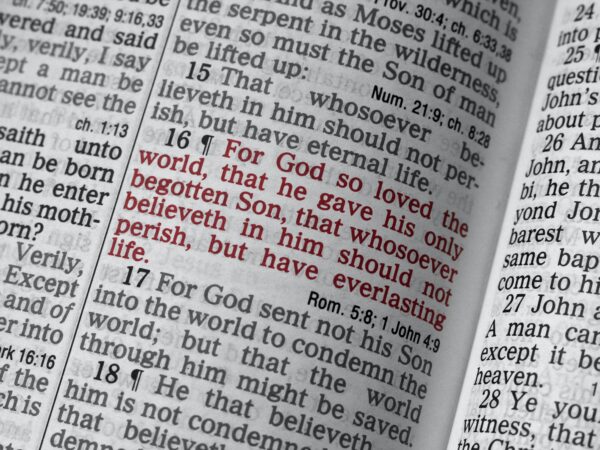
Since the risen Christ embodies the gift of hope for those who follow the post-resurrection Christ, our reading of the Johannine narrative on the encounter between the risen Christ and the followers ought to open our hearts to encountering difference as an opportunity to replicate the gift that the followers received – openness to difference as the means by which God chooses to make God present in our world.

Sin exists in the denial of love and compassion. Where there is justice, there God’s work is seen. It is the absence of love and denial of fellowship with one another that defines sin. Being Christ’s disciple is building a just society by loving one another and creating a safe space for everyone to live in. The Church should be a welcoming place where everyone feels liberated and not judged based on differences or otherness

Sometimes, there are no cosmic answers to the cosmic questions around us. Jesus demonstrates that the answer to that question, ‘who are you?’ can only be lived out in relationality to the divine one moment, one temptation at a time.

The transfiguration stories in scripture, and their mountains, are not places of answers. They are places of raw honesty about our own limits. They are places where words give way to water that flows where it will, to sustain life. They are places of confronting grief and loss. They are places of silence. And these mountains are places to wonder at the mystery of the God who created us to need each other and this earth.







